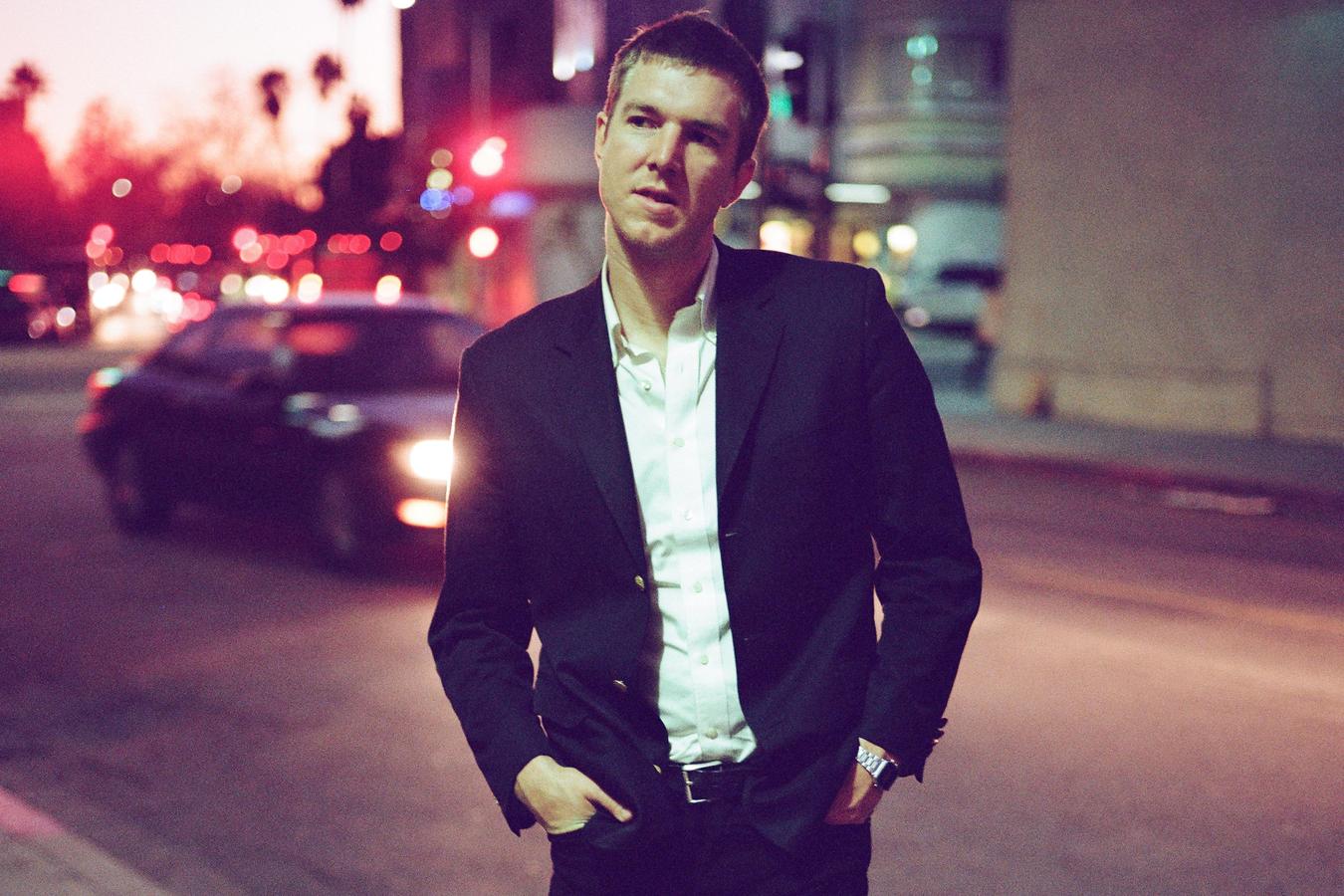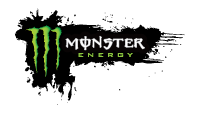Ask Hamilton Leithauser to describe the records that inspired his first solo album, Black Hours, and he'll end up, as many musicians will, reaching for a guitar. "I guess it’s just the sound," he says, strumming a few chords from John Lennon's Mind Games, and a few more from Highway 61 Revisited’s grab bag of major and minor, shuffle, blues and ballad. “It’s like someone singing directly at you. It’s personal and I find it in the details. It’s not complicated...but it’s just so hard to verbalize.” When he began work on Black Hours, Leithauser had begun to wonder whether he’d ever be able to achieve that directness of personal expression himself, at least in the context of rock n’ roll—yet the end results are proof positive. In its orchestrated rhythms, dynamic vocals, and generous production, Black Hours speaks from one booming voice.
“It sounds looney saying it, but these days I’m actually scared of too much sameness, ...
Show the rest
Ask Hamilton Leithauser to describe the records that inspired his first solo album, Black Hours, and he'll end up, as many musicians will, reaching for a guitar. "I guess it’s just the sound," he says, strumming a few chords from John Lennon's Mind Games, and a few more from Highway 61 Revisited’s grab bag of major and minor, shuffle, blues and ballad. “It’s like someone singing directly at you. It’s personal and I find it in the details. It’s not complicated...but it’s just so hard to verbalize.” When he began work on Black Hours, Leithauser had begun to wonder whether he’d ever be able to achieve that directness of personal expression himself, at least in the context of rock n’ roll—yet the end results are proof positive. In its orchestrated rhythms, dynamic vocals, and generous production, Black Hours speaks from one booming voice.
“It sounds looney saying it, but these days I’m actually scared of too much sameness, of too much routine...something so close and familiar that I can’t even see it,” he recalls now. Last winter, after over a decade of writing and performing with his oldest friends as The Walkmen, Leithauser and his bandmates needed a change. “It seemed the only creative direction left, sadly, wasn’t together”. Surprisingly Leithauser found himself turning not to the rock n’ roll of his elders or peers, but to Frank Sinatra’s The September of My Years on repeat. “It’s his slower stuff that I like the most--the self pity and the drama; poor pitiful me--that’s the most fun.” And in the darkest part of February 2013, Leithauser took a warbly, meandering piano recording fellow-Walkmen member Paul Maroon had sent from New Orleans, and began composing the song that would become Black Hours’ opener, “5 AM”. “I wanted to write something that never repeats, that keeps changing,” he says. “The strings, the lyrics, and the melody all came at the exact same time, line-by-line. Each one drove the other forward, and I had no idea where it was going. I didn’t know if it was rock n roll or what...I only knew that it definitely wasn’t rock n roll as I’d come to play it.”
Further writing sessions yielded other nods to the 1950s, including the open-throated lushness “St. Mary’s County” and the jazz-swing of “The Silent Orchestra.” “I really thought at one point it was going to be a big-band jazz record,” Leithauser says. But here, too, the principle of reinvention entered in; when the music began to pull in other directions, in the Spring of 2013 he enlisted friends Paul Maroon, and Rostam Batmanglij of Vampire Weekend to collaborate. The confessional core—the black hours of Black Hours—swelled out into the sinewy neighborhood groove of “11 O’Clock Friday Night”; the anthemic ache of “The Smallest Splinter”; and the rave-up of “Alexandra,” one of the great sing-along tracks of recent memory. It was definitely rock n roll again, but it was somehow unfamiliar and exciting.
By the time “I Retired” settled into its barstool-blues arrangement, the lyric had turned from a statement of ambivalence to one of purpose. “As long as I can keep the train a rollin’ / then all my friends will always know they’ll never be alone,” Leithauser sings near the end, climbing effortlessly from Man-in-Black bass to Pussycats falsetto. It’s the sound of a singer discovering and enjoying an expansive range.
The production on this suite of songs is similarly rangy, with an indie-rock murderer’s row providing muscle and texture. Maroon covers a wide range of acoustic and electric guitars, and grand piano; Batmanglij jumps among guitar, harpsichord, piano, bass and harmonica; Morgan Henderson from Fleet Foxes takes the marimba and upright bass, and Richard Swift lays down impressive drums on seven tracks (these last two will be accompanying Leithauser on a U.S. tour). Amber Coffman from The Dirty Projectors provides backing vocals on several numbers and even Hugh McIntosh of Leithauser’s first band, the Recoys, returns to the drum stool for a pair of songs.
A total of seventeen songs recorded were edited down to a tight ten—the five-songs-to-a side, forty-minute-running-time structure of the old-fashioned LP. “I ended up not including songs that I absolutely loved because I figured the most important thing was to create a concise, cohesive whole” says Leithauser. Principal recording was done in August 2013 at Vox Studios in Los Angeles, “the oldest private studio in the world”, where Nat King Cole, Bing Crosby, Johnny Mercer, and countless others cut demos before appearing on air at NBC studios, just across Melrose Ave.
And so Black Hours brings Leithauser full circle and then some, from those lonely midwinter piano-and-vocal sessions, to a loud, live Rock n Roll group and back again. It’s an album as passionate and personal and free as the canonical recordings that inspired it, and inaugurates a new chapter in an already remarkable career.
Hide the rest












